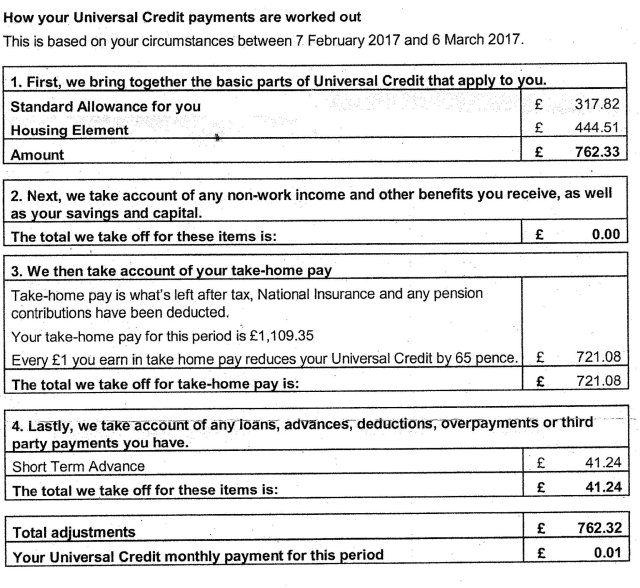The National Federation of ALMOs and the Association of Retained Council Housing voice strong concerns at government’s plans to accelerate the roll-out of UC.
In a joint report, the NFA and ARCH are calling on government to halt to the roll-out of Universal Credit (UC) and remove the seven day wait period for new claims.
The report, ‘Pause for Thought – Measuring the impact of welfare reform on tenants and landlords 2017 survey results’ has tracked the impact of welfare reforms on landlords and tenants.
The report states that “clearly the problems associated with the UC roll-out identified in previous research remain unresolved.”
Almost four years on from the initial introduction of UC in October 2013 research shows delays in the UC assessment process, poor communications between DWP and landlords, and the seven day wait period continue to cause significant problems to both landlords and their tenants.
Other issues such as digital access also present problems for 50 to 65-year-old claimants.
Key findings include:
- Tenant rent arrears among UC claimants remain stubbornly high at 73%, a total cost of £6.68m
- Families with no previous history of rent arrears are being driven into debt, with 40% of households accumulating rent arrears as a consequence of claiming UC
- Households already struggling with rent payments are being driven deeper into debt as the average arrears amount for UC claimants has increased from £611.73 ( March 2016) to £772.21 (March 2017).
In general its members support the principles of UC and appreciate the value of encouraging individual responsibility; having introduced a variety of initiatives and projects to support tenants into work.
Councils and landlords are also developing innovative practices including triage systems and employing additional support workers to identify and prioritise those households in greatest need.
However, it is clear that support provided to tenants by landlords alone is not sufficient to resolve the problems being experienced and is not scalable as the roll-out accelerates across the country and many more families and children become a part of the Universal Credit system.
To date, councils and landlords have borne the costs of providing essential support to tenants transitioning onto UC.
Whilst this has been manageable in small numbers (currently roll-out stands at 2.6% of our tenants) the level and intensity of support needed can not be sustained by landlords alone as the roll-out is set to increase rapidly over the course of 2017/18.
Eamon McGoldrick, managing director, NFA says: ‘We are strongly urging government/DWP to halt the roll-out of UC and ‘Pause for thought’ – until the system works properly for both claimants and landlords.
read more here: http://www.24housing.co.uk/news/calls-to-halt-roll-out-of-uc/
